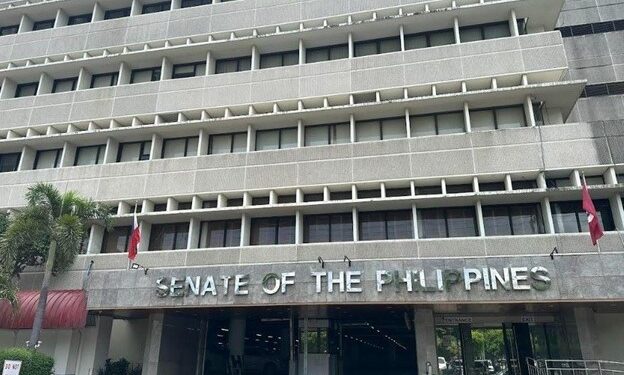Lawmakers push for ‘blockchaining’ the national budget

Senator Bam Aquino filed Senate Bill 1330 or the proposed Philippine National Budget Blockchain Act.
While, Negros Occidental 3rd District Representative Javi Benitez filed House Bill 4380, a counterpart bill in the lower chamber, mirroring Aquino’s proposed measure.
In order to modernize the national budget and promote transparency, several lawmakers are pushing to place the country’s budget documents on a blockchain—a digital ledger designed to serve as a tamper-proof record of all transactions.
Both bills seek to modernize budget transparency and accountability through the use of blockchain technology, making it publicly available, accessible, and easy to understand as well as open for citizen engagement.
The proposed measures mandate the Department of Information and Communications Technology (DICT) to be the lead implementing agency and would be tasked to contract qualified private sector partners, technology providers, and academic institutions for the design, development, deployment, and maintenance of the blockchain system.
The Department of Budget and Management (DBM), on the other hand, would ensure the integration of the national budget process into the blockchain-based budget system including provision of timely and accurate data and coordination with the DICT and other concerned agencies.
The Commission on Audit would also integrate blockchain technology into its audit systems and processes.
Te Senate Committee on Science and Technology began its deliberations on Aquino’s proposed measure.
“By no means this is the only solution, but many of us here believe that this can be one of the major solutions to our problems. Putting the budget on the blockchain is a way to ensure that every peso of the people’s money is monitored,” Aquino said during the hearing.
Both versions of the Philippine National Budget Blockchain Act described blockchain technology as “a powerful tool” to transform the national budget and its “design guarantees accountability.”
Through blockchain, all budget transactions become transparent, immutable, and auditable.
The IBM defines blockchain as an immutable or unchangeable and tamper-proof digital ledger or record of all transactions within a network.






